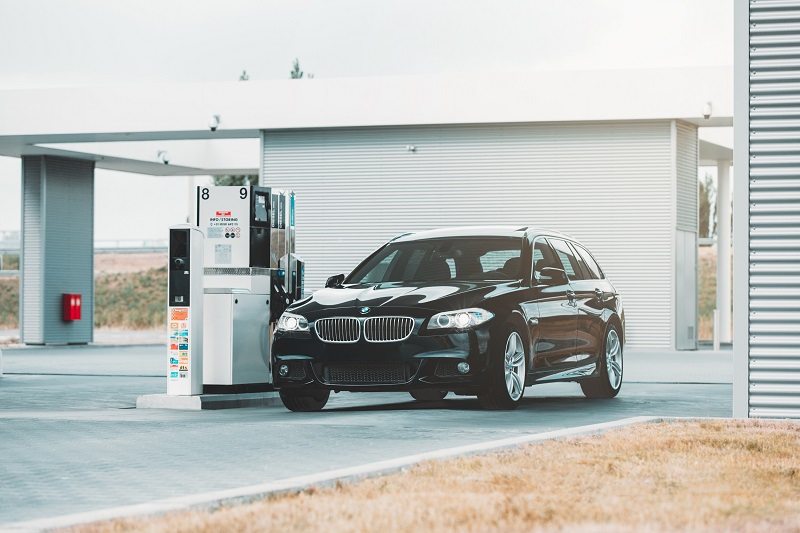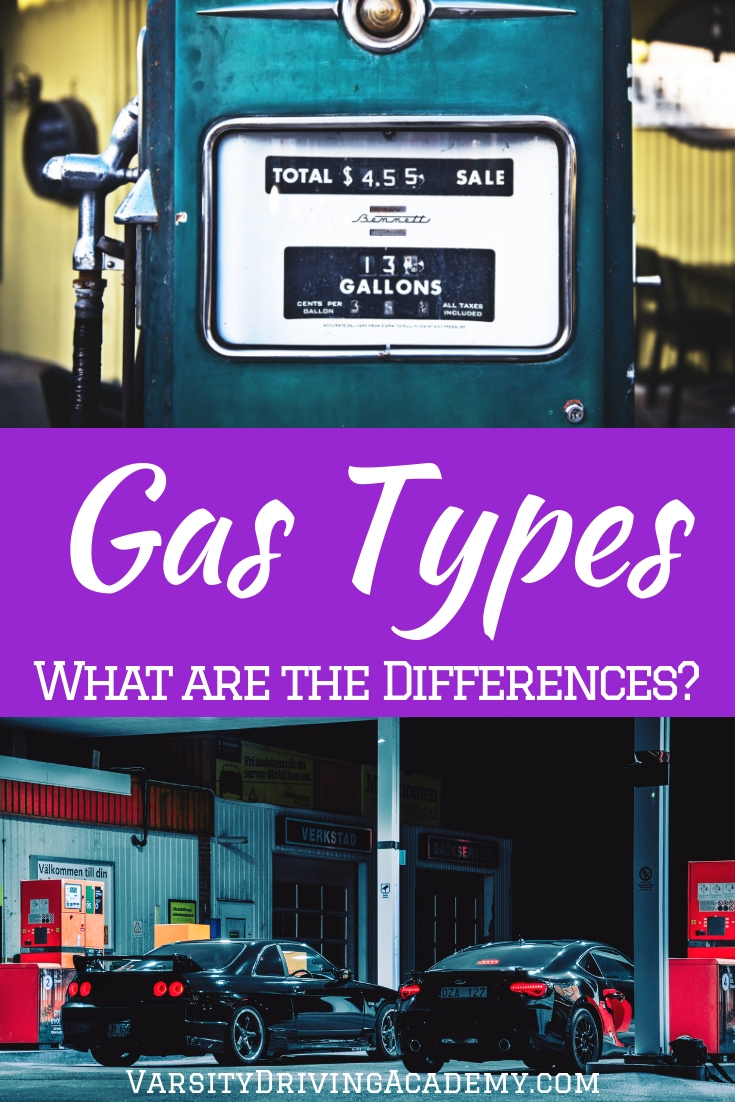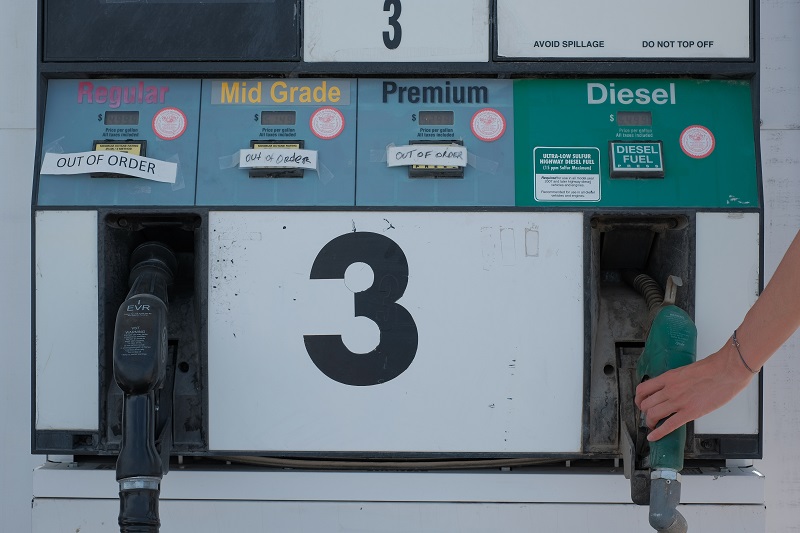What Are the Differences in Gas Types?
Everyone who drives has faced a choice, what type of gas do you fill your tank with? Many just choose to fill their tanks with the cheapest option available. There is nothing wrong with that but it could help make you feel more confident if you knew the answer to the question, what are the difference in gas types? Believe it or not, there are a few differences, and those differences could affect your car.
What Are the Differences in Gas Types?
What are the differences in gas types and does going with the cheapest option every time you fill up your tank make a difference? When you pull up to a gas pump you are most often presented with three numbers and a few different names. Those numbers are 87, 89, and 91 and gas stations usually refer to these numbers as “Regular”, “Midgrade”, and “Premium”. The names don’t stand for anything except for the gas station or to help sell the gasoline. The numbers, on the other hand, have a meaning. The numbers you see at the gas pump stand for the octane level in the fuel.
What Are the Differences in Gas Types? | What does Octane Level Matter?
The octane level in the gasoline makes it so that the fuel doesn’t combust under a certain level of compression. Some engines compress fuel more before the fuel even hits the pistons. Engines that compress the fuel more than average are usually found in high-performance vehicles. Those vehicles make the octane level matter even more than, say, your average Honda Civic. For example, if your car manual says to use premium gas explicitly, and you use regular more often than your engine could start shaking more. That shaking could be due to many reasons but gasoline type is among them and it gets worse in those high-performance vehicles. If your engine is knocking more so than usual, make sure to have your engine checked out as it could be something very important that needs to be fixed. But don’t be afraid to use regular gasoline to avoid engine knocking as it will only matter in the above scenarios.
What Are the Differences in Gas Types? | So Does the Number Matter?
While fuel octane levels matter greatly with high-performance vehicles, the question is, what about your average car? The short answer is no. Gasoline is mostly made up of the same thing, at least, at its base. The additives are different and that makes for higher octane levels. But in the grand scheme of things, which level you choose doesn’t really matter. The only time it matters is if your vehicle is a high-performance vehicle or it states the fuel type explicitly in the Owner’s Manual. If your vehicle is not a high-performance vehicle, and the manual doesn’t explicitly say to use premium gas than you should save yourself some money and go with the cheapest option.






One Comment